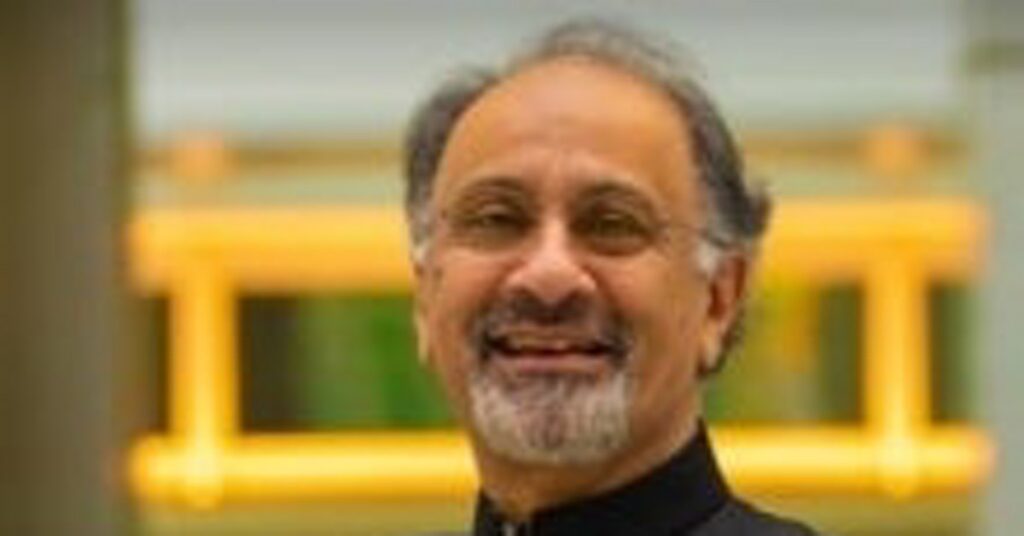The World Bank has said that it may take Nigeria and other developing countries about 20 years to recover from the economic losses suffered during the COVID-19 pandemic.
This was disclosed by the Senior Vice President and Chief Economist, World Bank Group, Indermit Gill, in the latest edition of the Global Economic Prospects.
In the twice-yearly report, the World Bank slashed its global growth forecast for 2025 by 0.4 percentage points to 2.3 per cent, stating that higher tariffs and heightened uncertainty pose a “significant headwind” for nearly all economies.
Gill pointed out that by 2027, rich (high-income) countries will have mostly recovered from the economic damage caused by the COVID-19 pandemic as their per capita GDP will be close to what was expected before the pandemic. However, developing countries, including Nigeria, will still be economically behind. Their per capita income will be six per cent lower than what was originally projected before the pandemic.
Except for China, these developing nations may need up to 20 more years to fully recover from the financial setbacks of the 2020s. He said, “By 2027, the per capita GDP of high-income economies will be roughly where it had been expected to be before the COVID-19 pandemic.
But developing economies would be worse off, with per capita GDP levels six per cent lower. Except for China, it could take these economies about two decades to recoup the economic losses of the 2020s.
“This grim predicament did not arrive by stealth. It has been advertising itself for at least a decade. Growth in developing economies has now been ratcheting downward for three decades in a row; from an average of 5.9 per cent in the 2000s to 5.1 per cent in the 2010s to 3.7 per cent in the 2020s. That happens to track the declining trajectory of growth in global trade, which has fallen from an average of 5.1 per cent in the 2000s to 4.6 per cent in the 2010s to 2.6 per cent in the 2020s. Investment, meanwhile, has been growing at a progressively weaker pace. But debt is piling up.”
To combat this situation in Nigeria and other developing countries, the World Bank SVP called for rebuilding trade relations, among other measures.
He explained, “The evidence is clear: economic cooperation is better than any of the alternatives for all parties. Our analysis suggests that if today’s trade disputes were resolved with agreements that halve tariffs relative to their levels in late May 2025, global growth could be stronger by about 0.2 percentage points on average over the course of 2025 and 2026. Most developing economies today tend to have far higher tariffs than high-income economies. If their goal is to accelerate growth, their best course of action will be to lower tariffs with respect to all trading partners. Converting preferential trade agreements, mainly involving tariffs, into “deep trade agreements” that span the full range of cross-border regulatory policies could also juice GDP growth.
“Developing economies also have a crucial role to play in restoring a fully functional, rules-based trade system, specifically through the World Trade Organisation. Predictability cuts trade costs, which in turn boosts GDP growth.
Gill also called for a restoration of fiscal order, as he said that the fiscal deficits so far in the 2020s have averaged nearly six per cent in developing economies, the highest level of this century.
He said, “In low-income countries, the budget squeeze has been intensified by a drop in foreign aid, which finances a big share of critical needs such as health care. It should be no surprise that more than half of low-income countries are now either in debt distress or at high risk of it. Developing economies need to expand their fiscal room to manoeuvre.”
Gill expressed concern about the impact of the projected increase in the working population of Nigeria and other Sub-Saharan Africa by 2050, growing by more than 600 million, more than any region has ever experienced over a 25-year period. South Asia’s working-age population is expected to expand by nearly 300 million over the same timeframe, and the Middle East and North Africa’s by more than 100 million.
“Whether these regions succeed or fail in tackling the challenge will determine the outlook for long-term global peace and prosperity,” he warned.














